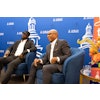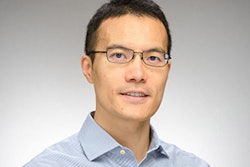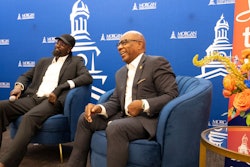DAEJON, South Korea—Any eighth-grader who wonders if anyone actually uses algebra should ask Hyungtae Lee, an electrical engineer who writes algorithms to build computers with the power of human sight.
It’s a skill he learned first in South Korea, where undergraduate students are five times more likely to major in engineering than their counterparts in the United States.
U.S. universities and companies often look abroad for students and workers to fill positions because not enough Americans have the necessary skills or training. To help meet the demand, President Obama has announced a goal to train 1 million more graduates over the next decade in engineering and related fields.
At a White House science fair in February, he told the young contestants, “You’re not just trying to win a prize today, you are getting America in shape to win the future. You are making sure we have the best, smartest, most skilled workers in the world, so that the jobs and industries of tomorrow take root right here.”
South Korea far outpaces the United States in the percentage of young adults with college degrees—63 versus 41 percent —and its K-12 students routinely outperform U.S. children on international assessments. While South Korean leaders have begun to fret that their young people—raised among skyscrapers and affluence—are pursuing higher-paying jobs outside technical fields, the workforce remains highly tech-savvy: One in four South Korean college students majors in engineering, compared to one in 20 in the U.S.
The reason for the glut of engineers can be summed up easily: South Korea’s education system was designed to produce them.
As Lee explained, “My path has been set since elementary school.”















